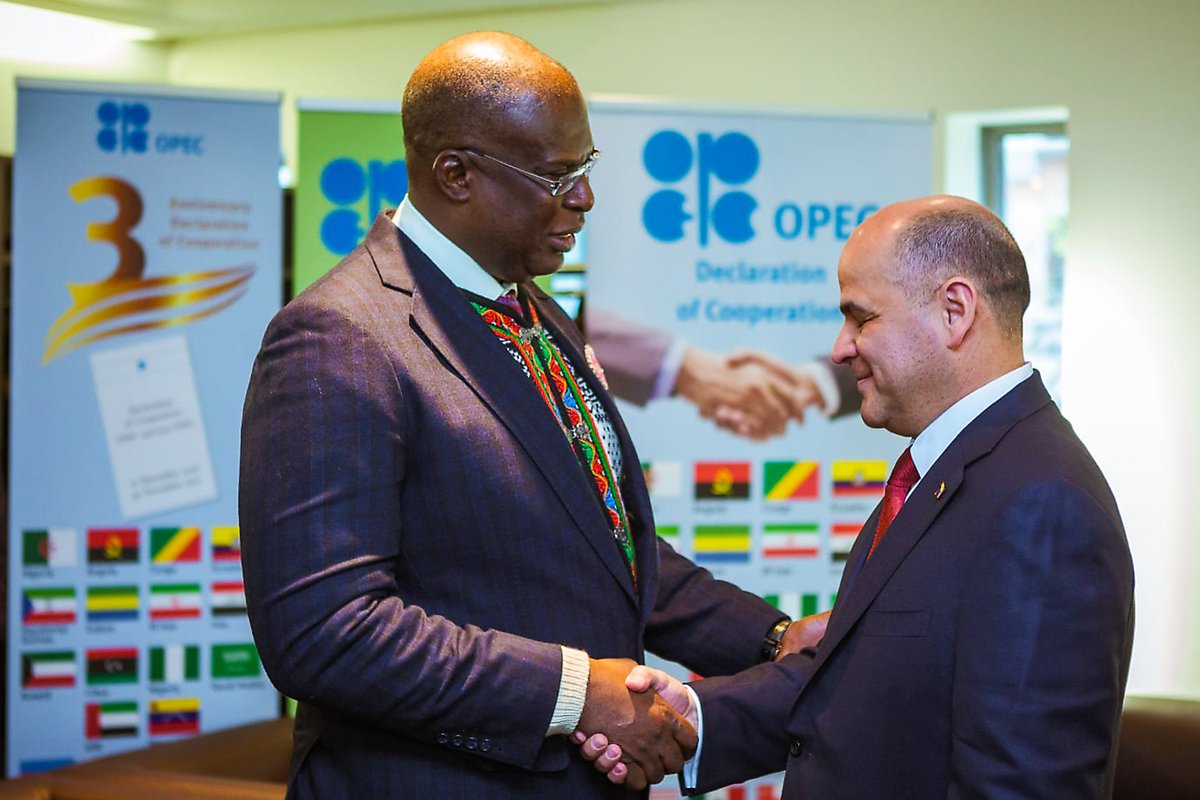There are no products in your shopping cart.
| 0 Items | £0.00 |


MEMBERS of the Organisation of Petroleum Exporting Countries (Opec) have agreed to repeal some of the production cuts they introduced in a bid to rally prices after indications that global demand looks set to pick up later this year.
Following the collapse in global crude oil consumption in the wake of the coronavirus pandemic, Opec and its allies decided to cut production significantly. This meant member states were asked to reduced their output, with Nigeria for instance compelled to cut its daily output to 1.77m barrels from 2.5m barrels.
Over recent weeks, however, there are signs that the marker is beginning to stir as global economic activity returns to normal and demand picks up again. This week, Opec ministers met and agreed to ease back on their production cuts, endorsing previously agreed plans to boost crude oil output from May.
Oil producers known as Opec+, intend to pump some 2m barrels of extra crude oil per day by July with the most of it coming from Saudi Arabia. They are hopeful that improvements in the global economy will outweigh the surge of Covid-19 cases in India, Brazil and Japan, that may curtail economic activity there.
Analyst S&P Global Platts reported on Tuesday that rosier demand forecasts and robust vaccination programmes in the US, UK, and other countries are enough to give Opec+ members confidence that a production increase would not drive down prices. Russian deputy prime minister Alexander Novak, who attended the meeting, said he too was optimistic.
Mr Novak said: “In the market, we see some optimism and positive dynamics in the indicators of population mobility and the recovery in demand from the largest consumer countries. At the same time, we must closely monitor the situation and the spread of the coronavirus that is taking place, especially in some countries of the Asian region.”
Prior to the meeting, Kuwaiti oil minister, Mohammed al-Fares, said the oil market was witnessing a tangible improvement in the rates of demand with the distribution of vaccines and the continuation of stimulus policies by major global economies. Significant drawdowns in global oil inventories in the last several months have also helped, although the alliance noted in its post-meeting communiqué that commercial stocks in OECD industrialised nations increased by 14.4m barrels in March and stood at 77.4m barrels above the targeted 2015 to 2019 average.
Opec+ ministers will reconvene on June 1 to review their recent decision. Brent crude traded at $67.02 a barrel today, enjoying a slight rise after the US Energy Information Administration reported a small inventory build of 100,000 barrels for the week to April 23.